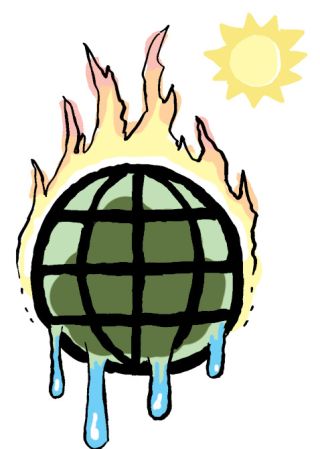UN Report outlines the stark impact climate change will have on people in poverty

The report 'Climate Change and Poverty' by the UN Special Rapporteur on extreme poverty and human rights notes that even if current targets are met, tens of millions of people will be pushed into poverty. It contains a number of stark messages on climate change:
- It threatens to undo the last 50 years of progress in development, global health, and poverty reduction;
- It could push more than 120 million more people into poverty by 2030;
- The unrealistic best-case scenario of 1.5°C of warming by 2100 will see extreme temperatures in many regions and many will have to choose between starvation and migration;
- It has immense, but largely neglected, implications for human rights and also for civil and political rights as governments struggle to cope with the consequences of climate change and to persuade their people to accept the major social and economic transformations required;
- States are failing to meet even their current inadequate commitments to reduce carbon emissions and provide climate financing, while continuing to subsidise the fossil fuel industry with $5.2 trillion per year.
One of the conclusions of the report is that a robust social safety net will be the best response to the unavoidable harms that climate change will bring. Governments must decouple economic well-being and poverty reduction from fossil fuel emissions.
Social Justice Ireland welcomes the publication of this report. It's findings should influence the direction of Ireland's ODA policy. It is imperative that the richer nations of the world, including Ireland, take the lead on climate change. The Irish Government should renew its commitment to meet the United Nations target of contributing 0.7 per cent of national income to ODA by 2025 and set a clear pathway to achieve this. The majority of Irish ODA is focused on African countries and the Irish Government must ensure Irish Aid engages and fosters climate change planning in future planning. The Irish Government must take a far more proactive stance on ensuring that Irish and EU policies towards countries in the Global South are just. The consequences of inaction are clearly set out in the UN Report, and according the the Special Rapporteur "we risk a ‘climate apartheid’ scenario where the wealthy pay to escape overheating, hunger, and conflict while the rest of the world is left to suffer".